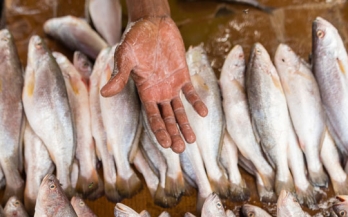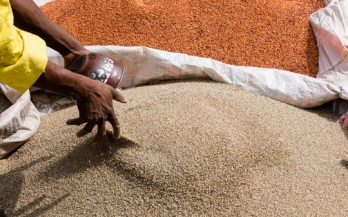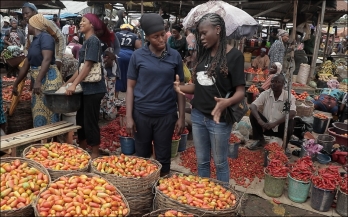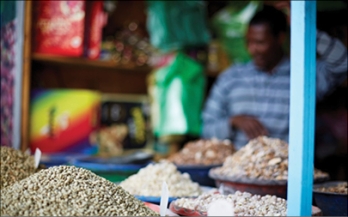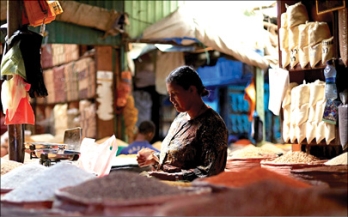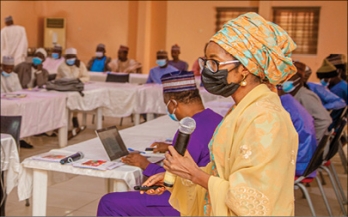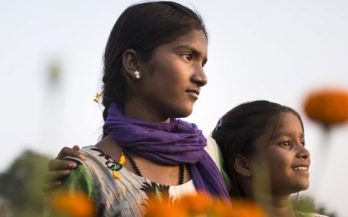- 28/06/2022
Achieving optimal health and nutrition requires people to be both well-nourished and free from foodborne hazards. The Global Alliance for Improved Nutrition (GAIN) has long recognized the importance of integrating food safety to achieve global nutrition and food security goals.
- 08/06/2022
Adolescents in Indonesia face multiple nutritional challenges, including undernutrition and anaemia, as well as a growing prevalence of overweight and obesity. To promote understanding of the Healthier Choice Logo among adolescents as well as to learn more about adolescent food choices, GAIN supported a programme called Pelajar Peduli Gizi (Students for Nutrition).
- 16/06/2022
Nigeria suffers from extreme levels of micronutrient deficiencies affecting the health, death rates, brain and physical development of the majority of Nigerians.To assess this existing evidence, and the remaining data gaps, this State of the Nation review provides a multi-sectoral analysis of all the available data from the last 10 years, from 2012 to 2021.
- 31/05/2022
To understand knowledge, attitudes, and practices related to food safety behaviors, EatSafe surveyed nearly 1,000 consumers and vendors in Kebbi State, Nigeria, as well as structured observations of vendor behaviors.
- 10/05/2022
Nigeria’s delivery of a pathway for food systems transformation in advance of the first United Nations Food Systems Summit in 2021 is evidence of strong political commitment to transformative food systems action. It is increasingly recognised that food system issues must be tackled in a coherent way to capitalise on synergies existing across domains like nutrition, agriculture, health, and the environment.
- 20/04/2022
Tanzania’s comprehensive process of holding national and subnational dialogues, which informed its pathway document for the United Nations Food Systems Summit, is evidence of a strong political commitment to food systems transformation.
- 09/03/2022
EatSafe conducted a review on published articles of foodborne hazards present in foods and beverages commonly bought and sold in traditional food markets in Ethiopia.
- 12/04/2022
Ethiopia’s 2018 Food and Nutrition Policy cited food safety as critical to improving nutrition and public health, though responsibility for implementation remains spread across a dozen federal governing bodies. Regulations also omit traditional markets where many Ethiopians procure food, increasing food safety risks.
- 13/04/2022
In Nigeria, recent regulatory efforts to prioritize food safety resulted in the draft National Food Safety and Quality Bill, which has yet to be enacted into law and currently awaits a final reading by Nigeria’s 9th National Assembly.
- 04/04/2022
India’s delivery of a pathway document for food systems transformation, in advance of the first United Nations Food Systems Summit in 2021, is evidence of a political commitment to transformative food systems action.
